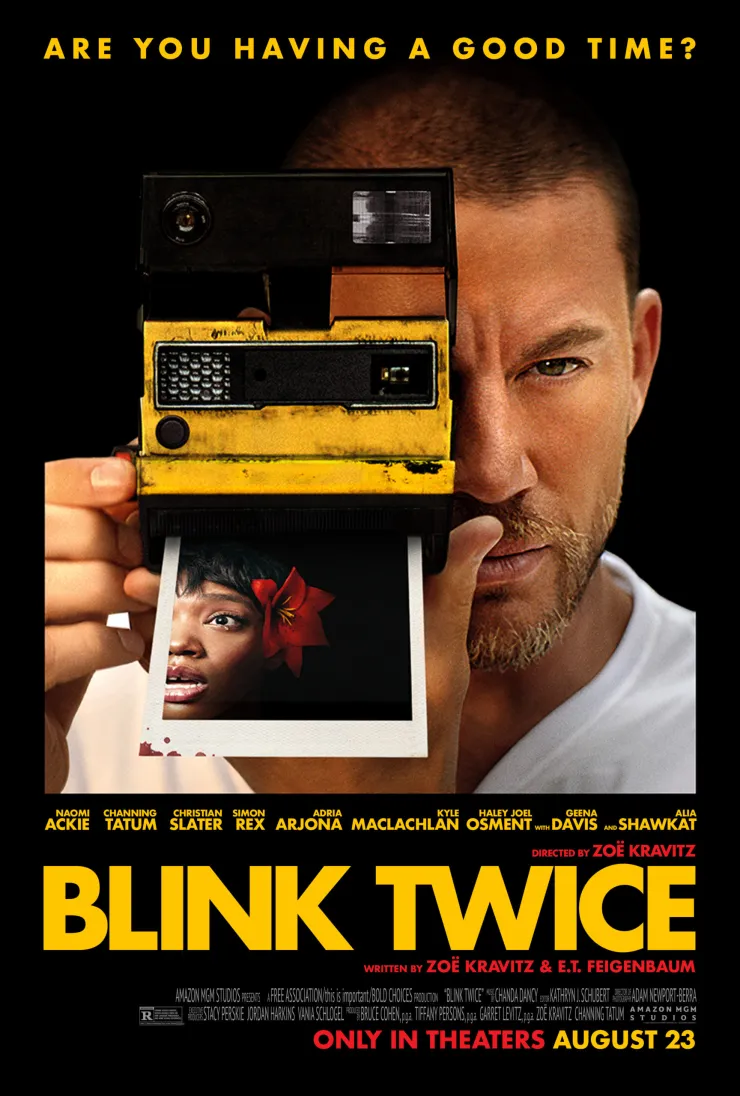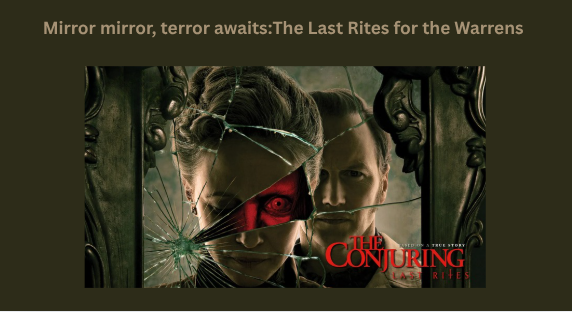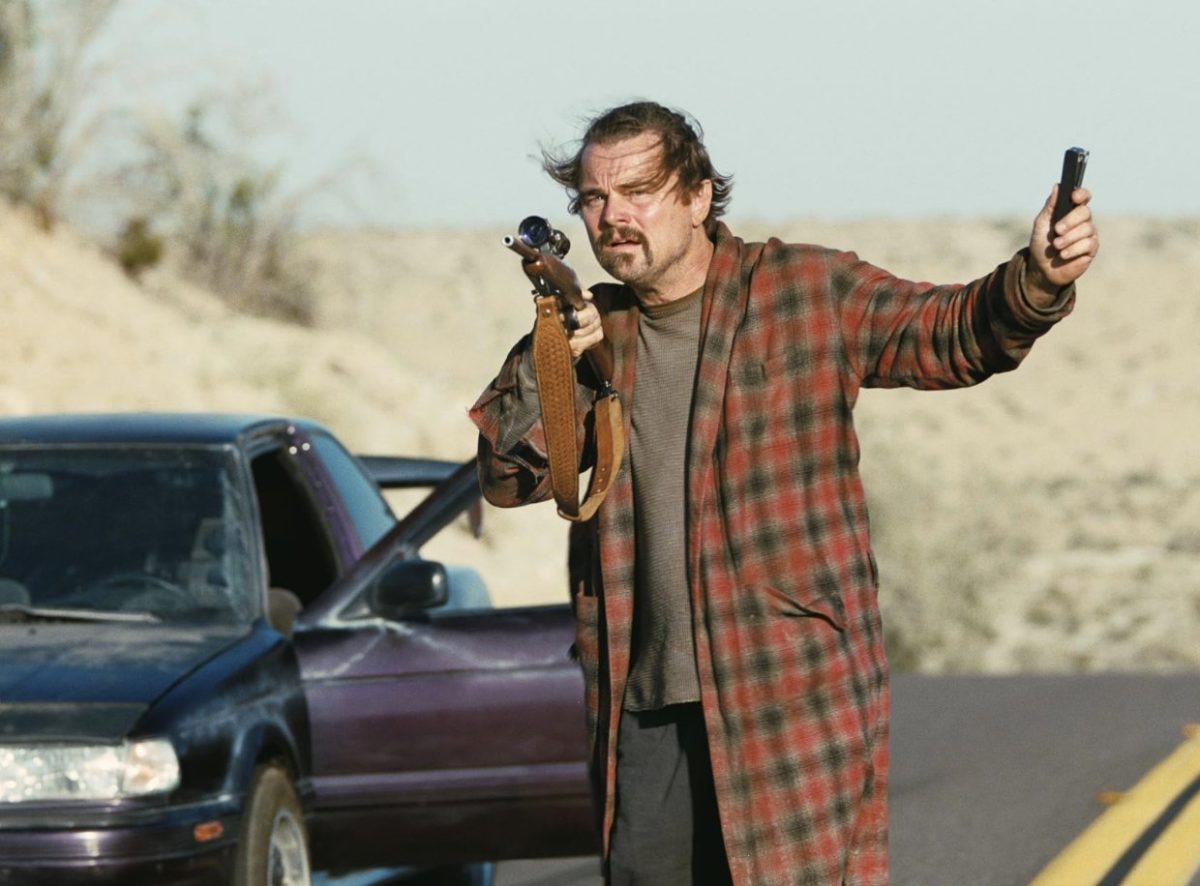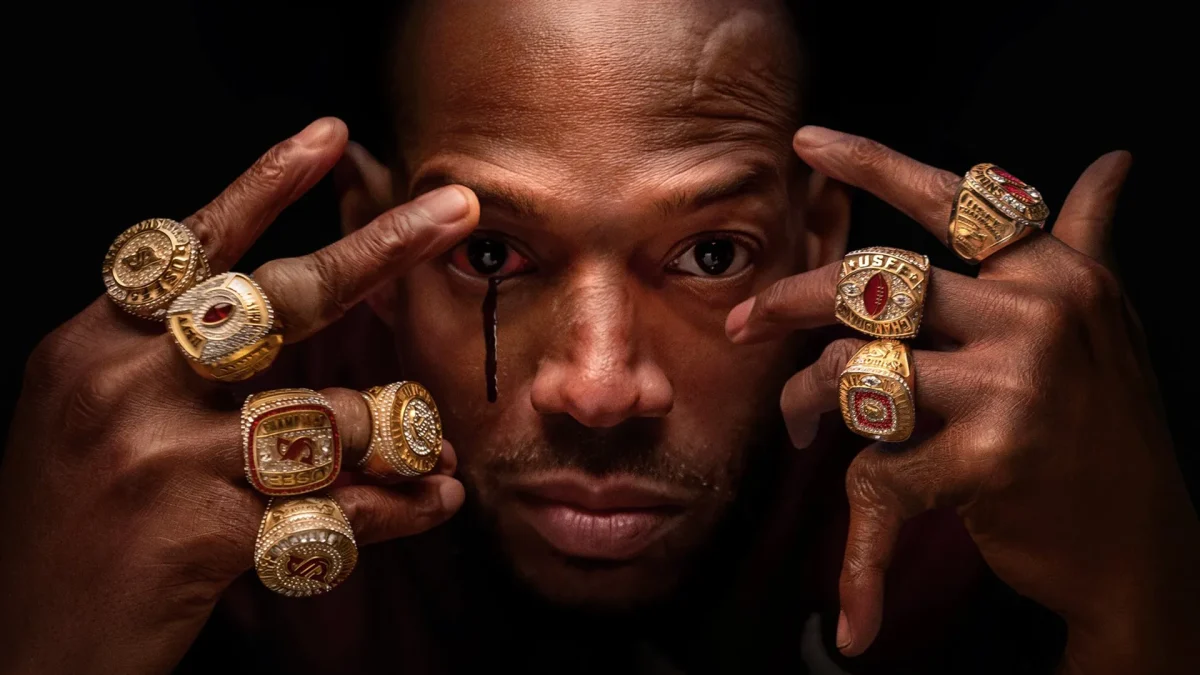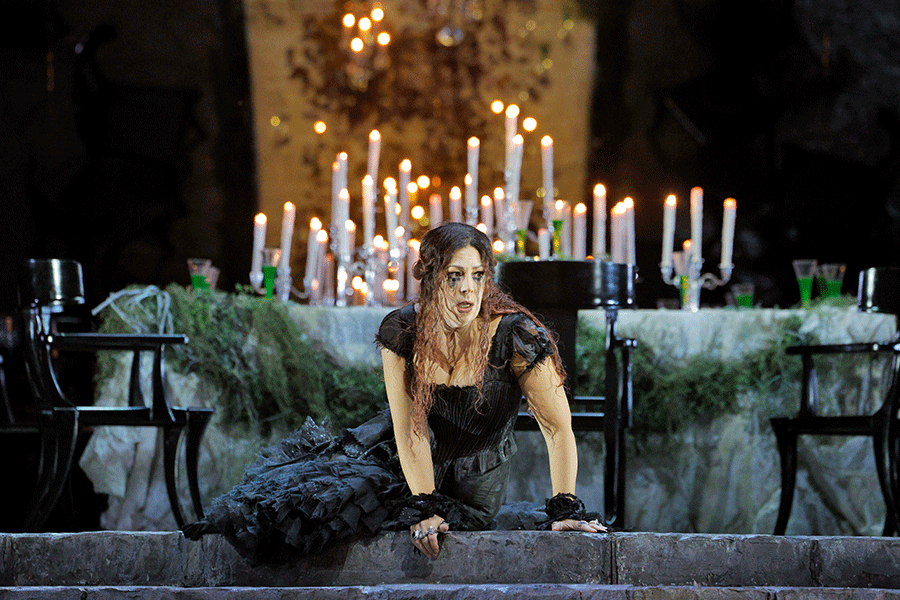Has there been any film in the 21st century more important than Jordan Peele’s Get Out? Peele’s Russian nesting doll of searing, contemporary social commentary within an exhilarating horror-thriller plot shook the American zeitgeist to its core.
It is hardly ridiculous to say Peele’s directorial debut pushed the bounds of popular filmmaking the same way Pulp Fiction did for its time. And like how Pulp Fiction was followed by films like Get Shorty, Things to Do in Denver When You’re Dead, and Lock Stock, and Two Smoking Barrels, Get Out bears the weight of its many, many overt successors; some decent, most bad, and none equal.
That is all to say that nearly every piece of praise and criticism I read of Blink Twice, and there sure is a hearty split of both, found itself tracing actress Zoë Kravitz’s directorial debut back to the same common origin, Get Out. So, I scoured Blink Twice in search of a new angle. But any way I looked at it, Get Out reared its head at me. Kravitz not only works on the same “social thriller” archetype that Peele popularized, but borrows many of its signature story beats and motifs. Albeit, Kravitz covers some different ground.
Blink Twice opens with the aimless clicks and clacks and scrolls of twenty-something-year-old Frida (Naomi Ackie). She is on the toilet in her apartment bathroom that is candle-lit- and not for ambiance. She glides through a row of Instagram Reels until she finds something that transfixes her; it is the image of tech billionaire Slater King (Channing Tatum), sporting a crew cut and haggard goatee of millennial sophistication. He is oceanfront, speaking regretfully to a handheld camera. “I, Slater King, would like to formally apologize for my behavior. I have sought therapy, and will be taking a leave of absence from my company” Kravitz leaves the reason for the apology vague.
Frida searches around and finds a recent interview. “After everything that happened, I just realized that sometimes you have to just stop and smell the flowers. So, I sort of bought an island… No phones, no work. We grow our own food. I wear the same thing every day. I have chickens” he says humbly. “Seems like you really are a changed man,” the interviewer remarks.
Frida is clocking into her shift as a cocktail waitress when, in a stretch of movie logic, she is informed they are hosting the King Tech Gala. Frida and her coworker/best friend Jess (Alia Shawkat) exchange their work attire for chic dresses and head for the marble floors of the gala. Frida searches for Slater’s attention and finds it. When she collides with a waiter and crashes against the floor, Slater is the one to help her up. It is a mawkish setup, but Kravitz doesn’t play it straight.
He takes a liking to her and introduces her to his entourage, a scene in which Kravitz brandishes an impressive arsenal of supporting actors: Christian Slater, Haley Joel Osment, Simon Rex, Geena Davis, Kyle MacLachlan. Slater mentions that he is “going to the island for a few days” and invites her and her friend. They eagerly accept alongside a few other ladies, including one played by Adria Arjona who follows up her breakout earlier this year in Richard Linklater’s Hit Man.
A hefty ensemble piece is implied, but Kravitz mostly squanders the talented bunch. Apart from Davis and MacLachlan, the latter of whom makes a massive mark with a very limited role, Kravitz leaves the supporting roles one-dimensional. They are played as vehicles for rather dull comic relief and quips rather than anything substantial, and it greatly staggers the film’s exposition.
Upon arrival, they forfeit their phones- no convincing needed. His assistant (Geena Davis) walks by with a pink baggie and they drop them like 5 dollar bills into a church basket. Changes of clothes, lipstick, and perfume are provided. So are an excess of luxuries and psychedelics, which Slater assures are “taken with purpose”.
Throughout the trip, Slater asks Frida, “Are you having a good time?” She says yes, because as far as she knows, she is. But she begins to feel a keen sense of off-kilter. One of the few devices Kravitz uses to crackle the facade are creepy, off-putting groundskeepers, which may take viewers back to a similar, superior iteration in Get Out; Blink Twice’s big twist will as well. A series of abnormalities unravel to reveal something truly horrific at the core of their retreat.
Its twist is hardly ingenious, but I’d be lying if I said Kravitz and co-writer E.T Feigenbaum don’t drum up some pretty nail-biting stretches of thriller. As its final act progresses, Blink Twice reveals a MeToo-borne allegory of the institutional sexual assault that permeates so many corporate ladders. It is clever even if not quite subversive. Kravitz exercises a baseline level of competency both from the page and from the director’s chair that keeps the film mostly affecting, but the film is richest in the force of its opposing, heavyweight central performances.
With Blink Twice, Channing Tatum finds refuge from a prolonged rut of mid-level movie star roles that offered little in terms of proclamation or redefinition. Tatum delivers something truly insidious here, with a complete control that is lost on so many lesser actors; a class of actor that Tatum may have once been grouped with. Opposite his charge is Naomi Ackie, whose big break was stalled by the flop of the 2022 biopic Whitney Houston: I Wanna Dance with Somebody. A now 32-year-old Ackie puts together a fine performance, a complete magnet of empathy that gives a kind of high-brow legitimacy to a script that may have otherwise been rendered trashy.
As the film reaches the last of its 102 minutes, its diverging paths of straight-shooting thriller and heavy-handed allegory must reconcile and converge into a single, shared ending, like Get Out did with such ease. I have no doubt Kravitz painstakingly sorted through tens if not hundreds of prospective closing lines and frames and end credit needle drops. The one she lands on hits a sweet, sinister note of revenge fitting for the blood-streaked thriller here. But it only muddles, if not diminishes, whatever earnest commentary Blink Twice had been working toward. The two features are often at odds; that is the conflict here, the concrete ceiling between decent and great. What Kravitz aims for is ambitious, but she is no Jordan Peele.
If not for its immediate impact, Blink Twice is exciting for the potential it cultivates: potential for Channing Tatum who appears reinvigorated as ever, for Naomi Ackie who makes a promising stride towards leading stardom, and for Zoë Kravitz who, if unshackled from her influences and more precise in her craft, can make something truly great. Until then, Blink Twice is a serviceable directorial debut that leaves much to be desired.


